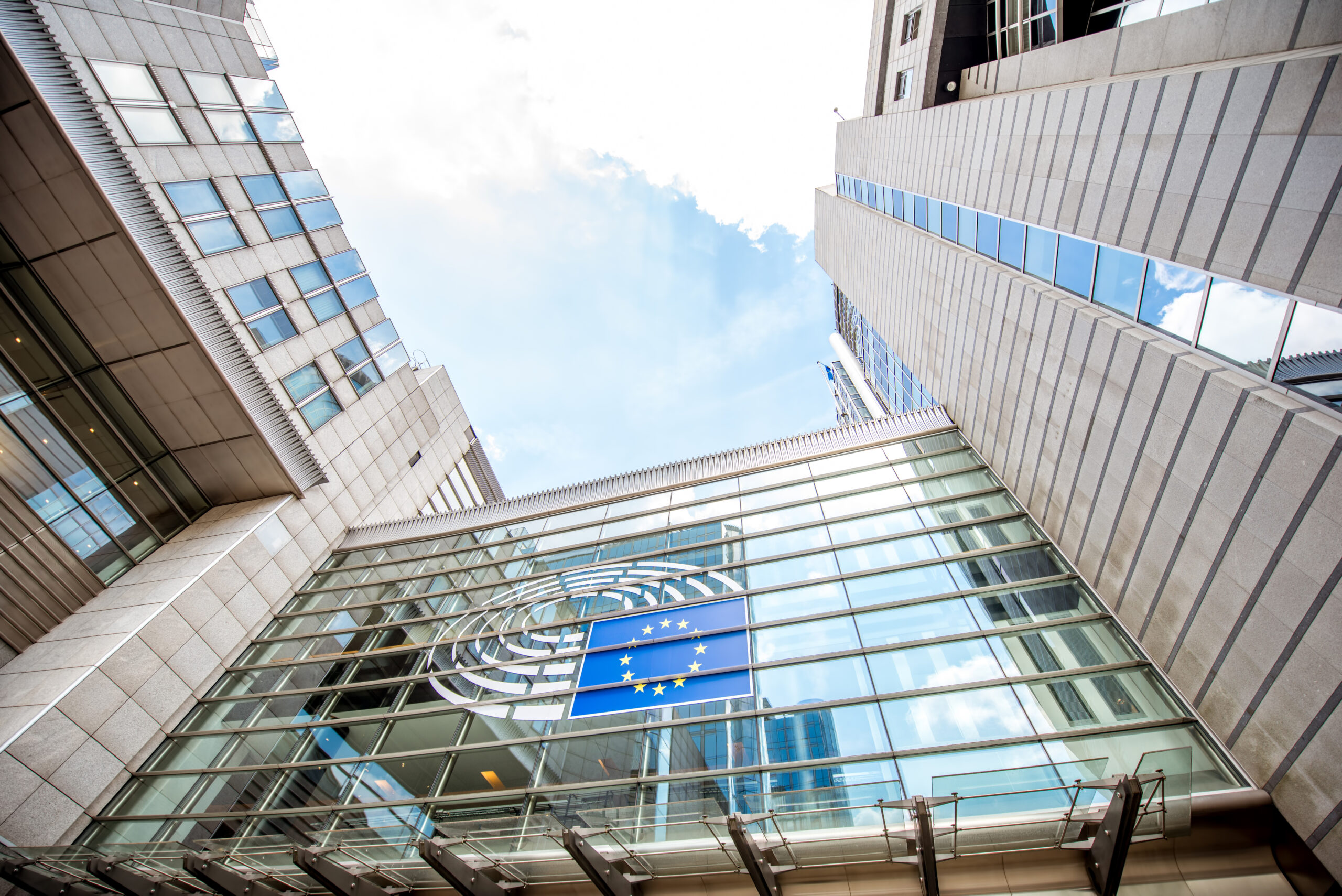Highlights of the Week February – Part 2
EU co-legislators reach a provisional agreement on the Gigabit Infrastructure Act.
On 6 February, negotiators from the EP and the Council of the European Union (the Council) reached a provisional political agreement on the Gigabit Infrastructure Act (GIA). The Act aims to reduce the costs of deploying gigabit networks to stimulate investment in digital infrastructure. This stimulation is mainly to be achieved by simplification of administrative procedures, and speeding up the licensing processes.
Key features which have been agreed include, setting a maximum 4-month response period for government authorities to approve works, introducing a conciliation mechanism between public bodies and telecom operators, and working towards abolishing fees for intra-EU calls and SMS by 2029. The agreement also stimulates fibre optics installation in new and renovated buildings (with exemptions for critical infrastructures), and introduces provisions for better coordination of civil engineering work to minimise disruptions during installations.
Both the EP and the Council shall now officially endorse the provisional agreement. The Belgian Presidency of the Council will present the text to Member States’ ambassadors in a COREPER meeting for approval, whiIe the relevant parliamentary Committee on Industry, Research, and Energy (ITRE) will vote on it too. Once approved by both institutions, the draft legislative act will undergo a legal-linguistic review and the final text will be submitted to the EP, which will vote on it in plenary before the Council’s final approval. The legislation is expected to take effect 18 months after its entry into force, with some provisions implemented later.
DSA continues “giving headaches”
While awaiting the full application of the Digital Services Act (DSA), starting on 17 February, the European Commission (EC) launched, on 8 February, a public consultation inviting relevant stakeholders to share their feedback on certain guidelines it intends to adopt under Article 35 of the DSA in the context of the upcoming elections. The guidelines will provide Very Large Online Platforms (VLOPs) and Very Large Online Search Engines (VLOSEs) with recommendations and potential measures to address systemic risks on their platforms that could jeopardise the integrity of democratic elections. In particular, they will assist VLOPs and VLOSEs in combatting disinformation and fake news that will be spread in the context of the upcoming EU elections. The consultation will remain open until 7 March. This consultation follows from Commissioner for Internal Market, Thierry Bretton’s statement in the debate held in the EP on 7 February, during which the topic of fighting against hate speech and disinformation with a focus on the responsibility of social platforms within the DSA was discussed. In his speech, Breton underlined that the EC would proceed with the adoption of guidelines by March-end at the latest.
Moreover, the drama surrounding the DSA continues as on 7 and 8 February it was made public that Meta and TikTok have challenged before the General Court the DSA’s supervisory fee they are due to pay. According to the DSA text, VLOPs and VLOSEs must pay a supervisory fee for the EC to supervise the enforcement of the digital rulebook. Meta’s argument is based on the claim that the fee it is required to pay is disproportionate considering the total amount the EC aims to collect and the fees that other VLOPs and VLOSEs will need to pay. Meta’s and Tiktok’s challenge of the DSA is not the first of its kind, as previously Amazon and Zalando also challenged their designation as VLOPs.
Meanwhile, a new Delegated Regulation has been added as part of the DSA’s secondary legislation, establishing rules for conducting audits on VLOPs and VLOSEs. The Delegated Act was officially published in the Official Journal of the EU on 2 February and will come into effect on the twentieth day following its publication, i.e., on 22 February.
- Adoption of Delegated Regulation on harmonised provision for an interoperable EU-wide eCall
On 6 February, the Commission adopted the Delegated Regulation to revise Delegated Regulation 305/2013 on the harmonised provision for an interoperable EU-wide eCall. Between 2025 and 2030, the Member States will switch circuit-switched (2G/3G) electronic communication networks to packet-switched electronic communication networks (4G/5G). Therefore, the Commission needs to add the new packet-switch communication to the specifications for public safety answering point (PSAP), while keeping the ability to receive and handle circuit-switched eCalls so long as this type of network is operational in the Member States.
The Delegated Regulation requires the Member States that any eCall PSAP is equipped with the standard:
– EN16072:2022 Pan-European eCall operating requirements
– EN16062:2023 ECall High-Level Application Requirements
– CEN/TS17184:2022 eCall High level application Protocols
The Delegated Regulation will be published in the EU Official Journal in the coming weeks, and will enter into force 20 days after the publication. The measures will apply to the new infrastructure deployed from the date of entry into force, and from 1 January 2026 for infrastructure already deployed at the date of entry into force.







